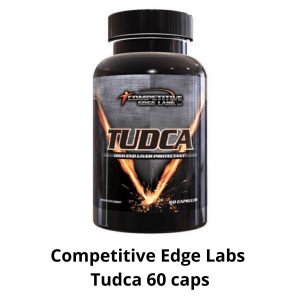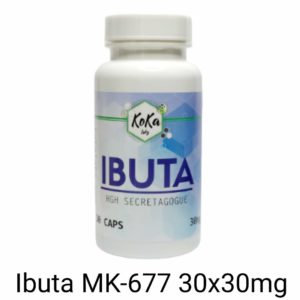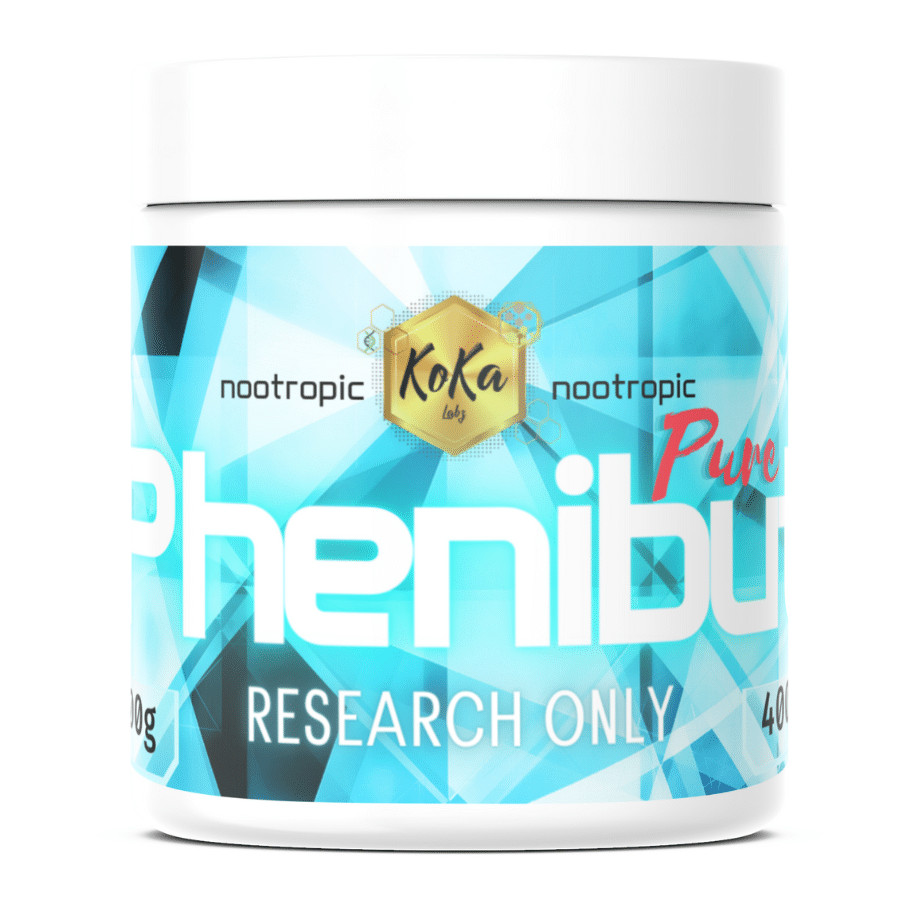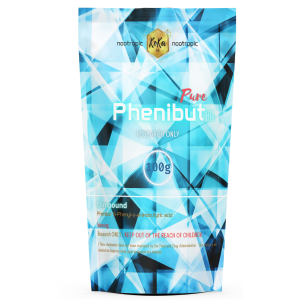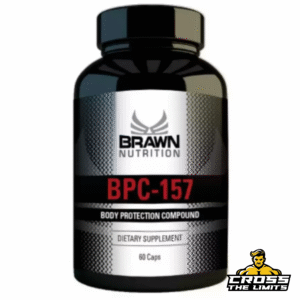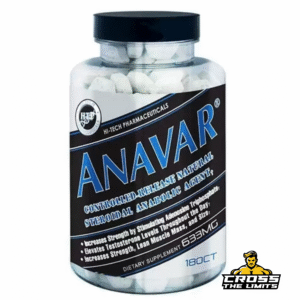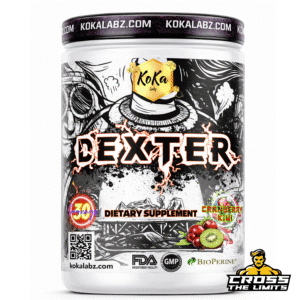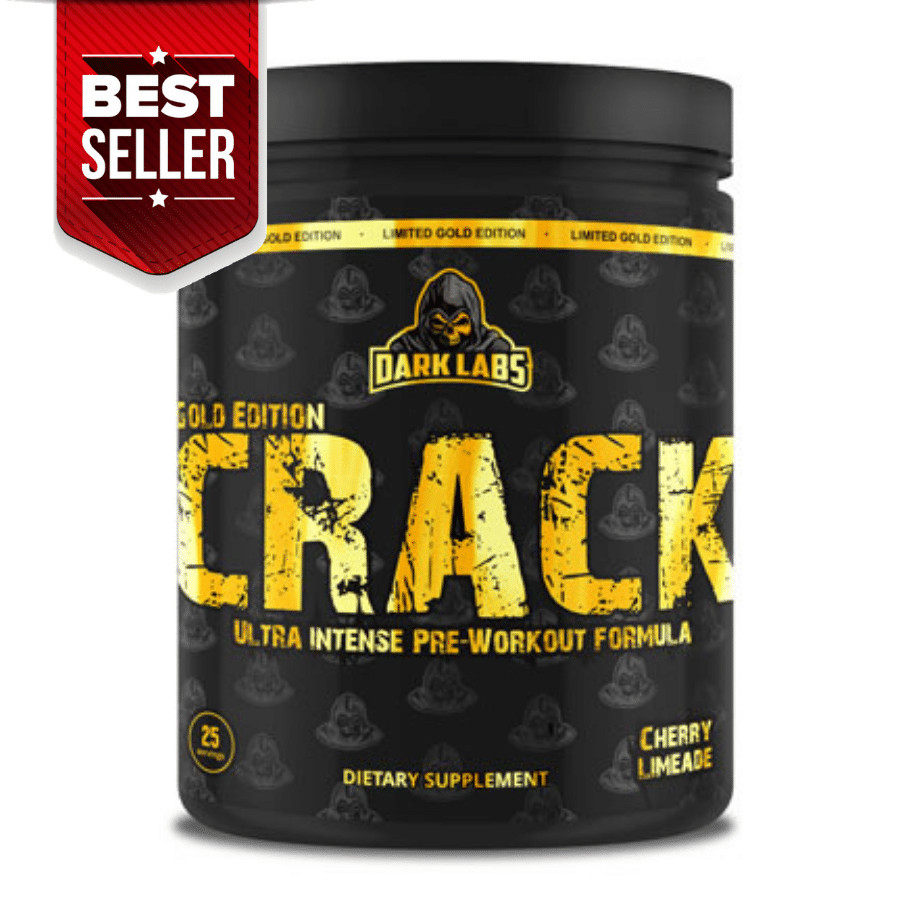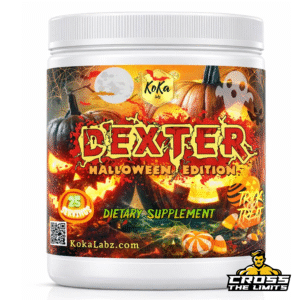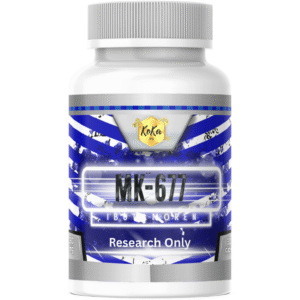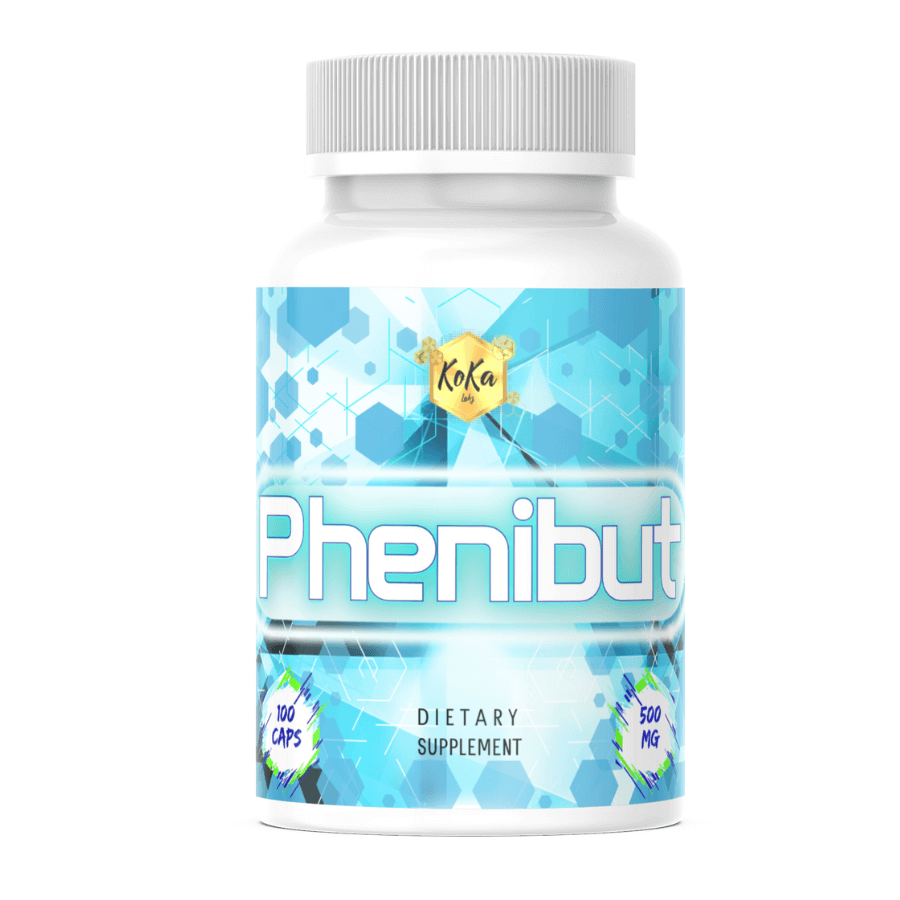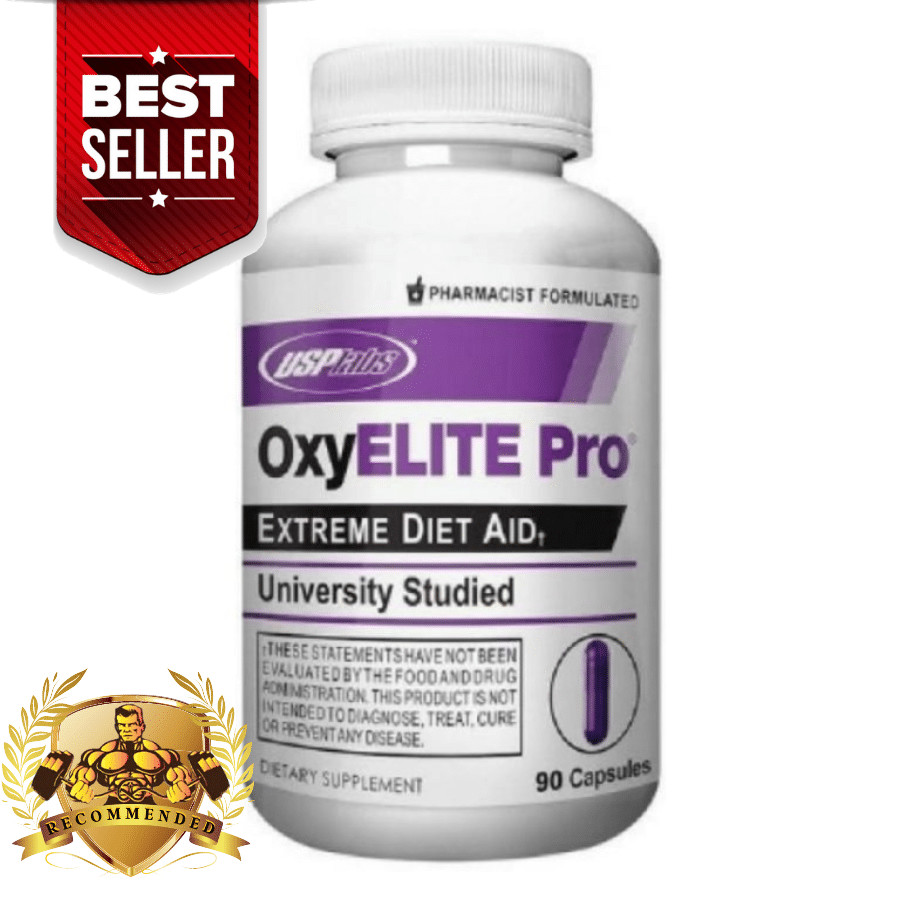Testosterone is the hormone responsible for almost all so-called male sexual characteristics. This means that it regulates libido and is responsible for sexual performance in its broadest sense. However, for people who train, it is equally essential that testosterone is also involved in muscle tissue formation. That is why men who do sports should take care of their testosterone levels. Unfortunately, it is not always that easy. Various factors and even dietary aspects can affect lowered testosterone levels. Researchers have found that eating certain foods has a potential link to lower levels of male hormones. What products are involved?
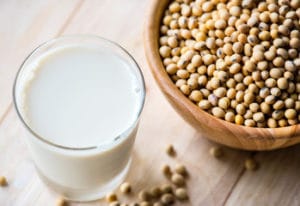
1) Soy and soy products
Soy is a plant that contains phytoestrogens – naturally occurring estrogens, or female sex hormones. For this reason, soy foods are recommended for women who struggle with hormone imbalance. Unfortunately, the effect of phytoestrogens on the male body is quite different. Several studies have shown that men who consume soy products are at risk of decreased testosterone levels. Admittedly, scientists are not entirely sure if such an effect occurs. After all, some studies have not confirmed the existence of the described relationship. However, according to the rule, “it is better to be safe than sorry,” abstaining from soy products may be advisable for male athletes.
2 Alcohol
When it comes to alcohol, the controversy is just as great. Some studies have shown that drinking alcohol in small amounts can have a beneficial effect on testosterone levels. Other researchers, on the other hand, found a surprising correlation. Well, alcohol was found to stimulate testosterone production in women while inhibiting it in men. Thus, it is not easy to draw definite conclusions from studies of this type. However, scientists have also reached an absolute consensus. It concerns the regular consumption of large amounts of alcohol. This is because such a practice leads to a deterioration of general health and a decrease in testosterone. So while alcohol in small amounts may not be dangerous, excessive amounts should be strictly avoided.

3. trans fats
At one time, doctors believed that all fats hurt our health. Of course, later studies in dietetics have led to the refutation of many false views. Today we know that, for example, omega-3 fatty acids are an essential factor in terms of the proper functioning of our body. However, their opposite is the so-called trans fats or unsaturated fatty acids with the trans configuration. They can be found in partially hydrogenated vegetable oils, which are added to some foods. Studies have confirmed that trans fats have a very negative impact on our health and hormonal functioning. So limiting their consumption will be a good decision.
4. vegetable oils
While unhealthy trans fats are indeed worth avoiding, vegetable oils are a bit more questionable. After all, canola oil, for example, can be a valuable source of omega-3 fatty acids. Unfortunately, some studies have shown that men who consume vegetable oils have lower testosterone levels in large quantities. Admittedly, these results could not be confirmed, as other studies gave mixed results. However, this is another example where it is a good idea to “blow off steam.”
5 Highly processed foods
When it comes to highly processed foods, the issue seems obvious. These foods contain the trans above fats and are usually high in sugar. This mixture in itself is a significant threat to our health. What is worse, eating highly processed products can also lead to lower testosterone levels. Therefore, strength trainers and athletes should eliminate such foods from their diet.
6. mint
For many years, mint has been regarded as a natural remedy for digestive problems and other ailments. However, this useful plant also has its drawbacks. These are because its leaves contain a lot of menthols, which is a powerful essential oil. As studies have shown, high concentrations of menthol can interfere with the natural formation of testosterone. Researchers who studied women who regularly drank mint teas came to this conclusion. Although it is not sure whether a similar effect occurs in men, it is worth watching out for mint.
7. milk and dairy products
This is one of the most controversial items on our list. Milk and dairy are considered an excellent source of protein, which is essential for building muscle mass. Besides, even whey protein (the most popular sports nutrition) is made from milk. So what is the problem? Scientists have shown that cow’s milk can contain significant amounts of hormones. This raises potential concerns about hormonal imbalances in humans (including testosterone production). It is also worth remembering that cows are often fed soy so that phytoestrogens can seep into their milk. Caution is therefore advised.
8. peanuts and walnuts
Nuts are a very healthy and necessary part of our diet. However, one study should not be overlooked, in which scientists came to a disturbing conclusion. The consumption of cold nuts and walnuts is thought to increase the production of the so-called SHBG. This is a globulin that is responsible for binding sex hormones, i.e., both testosterone and estrogen. High levels of this globulin may therefore contribute to hormonal problems. Of course, there is no guarantee that the consumption of nuts alone will have this effect. However, particularly cautious people can replace them with, for example, pistachios or cashew nuts.
9. flaxseed
Flaxseed is an excellent source of omega-3 fatty acids, but there are also compounds known as flax lignans inside these seeds. They belong to the phytoestrogens group, which means that they can interact with testosterone and lower its levels.
10. liqcorice
Liquorice root is sometimes maligned as the biggest letdown for all candy lovers. All because of the once-popular candy. However, the specific taste is not everything. Scientists have proven that women who consume liquorice root have lower testosterone levels. Is it the same for men? Researchers are not sure. Interestingly, these liquorice candies are generally safe because the root content is shallow.

